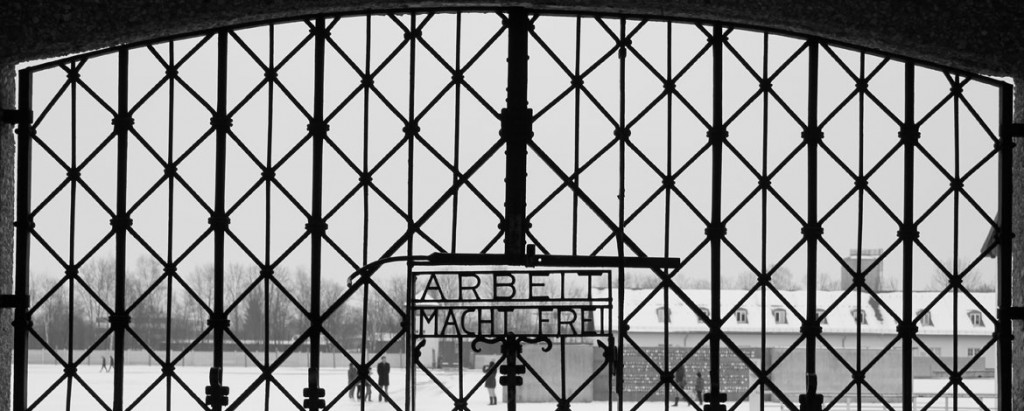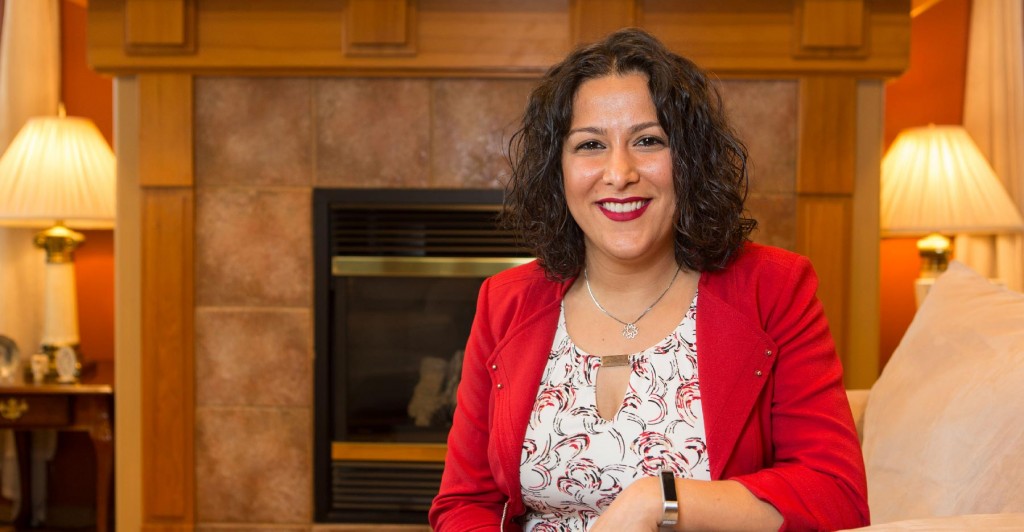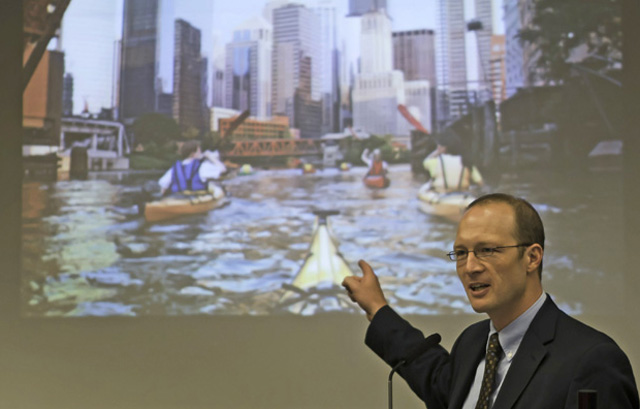Page 38 • (513 results in 0.09 seconds)
-
, sex and sexuality concerns, grief and loss, religious and spiritual struggles, and couple/relationship issues. We are also deeply concerned about the impact of COVID-19 and continued violence against people of color and work with our students to provide therapy that is inclusive of clients from all backgrounds and identities. Our therapists use a collaborative approach to explore your concerns, notice places where you’re feeling stuck, challenge unhelpful patterns, and co-create goals for therapy
-

governor. At one point, Reagan threatened to remove patients from state hospitals and expected religious institutions to care for them. Torvend’s father drove to the capital to protest. “The discussions around the family dinner table about the responsibility of government to the most vulnerable citizens stuck,” Torvend said. After the November election, Torvend and a group of ecumenical clergy from Pierce County issued a public statement of support for minority groups such as LGBT people, African
-

for Vocation? The Wild Hope Center started from a Lily Grant that PLU received in 2003 to promote discussions and reflection about vocation at the university. Vocation is an important Lutheran concept, having to do with meaningful and purposeful work aimed at the common good and human flourishing, and we believe this concept has rich value within and beyond our religious tradition. Since its founding, the Wild Hope Center for Vocation provides resources and events about vocation for students
-

, Davis, will deliver a keynote titled “Humanizing Deportation: Research and Care in the Hérida Abierta,” that features the role of storytelling in healing. Elena Calderón, University of Arizona doctoral student and formerly undocumented person, presents “UndocuJoy in Practice: Healing through Joy, Storytelling and Therapy.” Sharon Suh, professor of theology and religious studies at Seattle University, explores trauma and healing from the perspectives of Buddhism and neuroscience, with attention to
-

in the eco-ministry field, facilitating spiritual and religious action on environmental and climate justice. It doesn’t just rely on religious foundations, however. The center engages secular and faith-based environmental leaders for education, outreach, support, and action. CEE is creating “incredible spaces where people from all walks of life come together for problems and solutions, while cultivating beauty and a sense of community,” he says. “It keeps me coming back to embrace the struggle
-

certainty, to leave for Pacific Lutheran University. “For over 30 years, religious oppression and harassment have been a part of my family’s life,” she said. Sabet-Kazilas, a member of Baha’i faith, faced marginalization in her home country dating back to kindergarten. Baha’i followers there experience pervasive persecution at the hands of their own government. They are denied employment and access to education, and they endure ransacking of their homes and wrongful imprisonment, among other
-
her time on The Voice. Guest Contributors Samuel Torvend, Ph.D. Samuel Torvend, Ph.D., is professor of the history of Christianity and currently serves as the university chair in Lutheran studies. As a historian of Christianity, his research focuses on the history of religious responses to poverty and food insecurity. He also teaches courses on religious art and architecture and their role in reforming movements. Among his published works are Luther and the Hungry Poor: Gathered Fragments . Kevin
-
of the course for you personally or for other students. In addition, if any of our class meetings conflict with your religious events, please let me know so that I can make arrangements for you. [Adapted from the University of Iowa College of Education] Back to menuContent WarningStudents are advised that difficult or sensitive issues may be represented or discussed in this class. While care will always be taken not to cause distress and to create a welcoming learning environment for everyone
-
, has made ground-breaking contributions to the study of the origins of religion, and the psychological impact of religious and cultural diversity in today’s globalized world. His research and findings appear in some of the most influential scientific journals in the world. He is the author of Big Gods: How Religion Transformed Cooperation and Conflict. For more information, see website. Video(s): Big Gods and the Fabric of Society Interview Selected Publications: Big Gods: How Religion Transformed
-

attention to this,” he said. Citing the lives and writings of civil rights and religious activists such as Dietrich Bonhoeffer, Martin Luther King Jr., and Cesar Chavez, O’Brien noted that all three men spoke out against wrongs they saw in their worlds. Christians and non-Christians alike must put aside an “us and them” mentality and reach out to those who suffer – be they human, or the other creatures that share this world, he said. “The basis for peace is respecting all creatures,” said O’Brien
Do you have any feedback for us? If so, feel free to use our Feedback Form.


